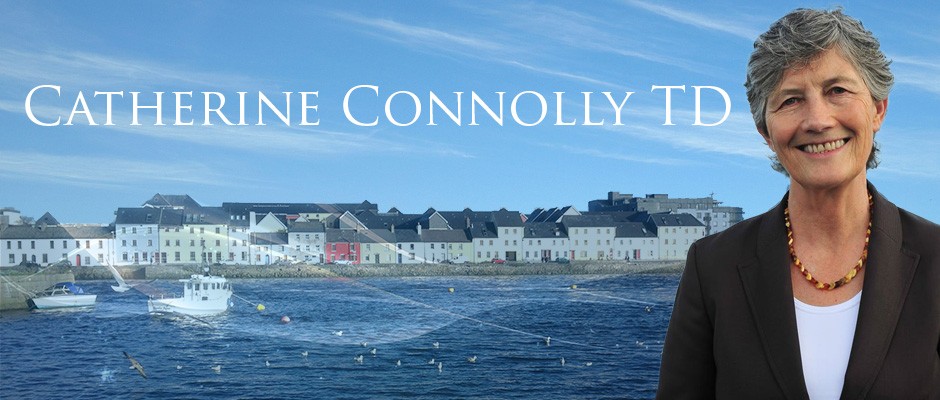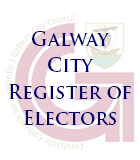Speaking following the recent ‘Raise the Roof’ protest in Eyre Square, Deputy Connolly said that the housing emergency is a matter that she has raised on a continuous basis since her election to the Dáil in February 2016 and has repeatedly asked for a public housing construction programme to balance the market. Rather than embrace that solution, however, the government, with initiative after initiative, has directly supported the private market. For example, last year alone the housing assistance payment (HAP) doubled to €300 million and will rise to €421 million this year. This money is going directly into the landlord’s pocket with very limited security of tenure for the tenant. In addition, another half a billion euros of taxpayers money has been allocated to various other schemes including the rental accommodation scheme (RAS) and short-term and long-term leasing. These payments, said Dep Connolly, are not sustainable and simply drive up the cost of housing for all.
Unfortunately, and despite all of the rhetoric about the provision of social housing, reliance on the private market continues to be at the heart of government policy. Nationally there are now in excess of 10,000 people who are homeless, and this figure doesn’t include those in refuges, on couches, in over-crowded conditions with friends or family members, or people sleeping rough, and the 700 plus people residing in direct provision who have been granted leave to remain. In Galway, 170 households are recorded as living in emergency accommodation operated by COPE, and again that figure does not include homeless people supported by other agencies. In addition, there are over 4,000 households on the housing waiting list in Galway city, with some households waiting up to 16 years.
Given the scale of the crisis, said Deputy Connolly, what is urgently needed is a public housing construction programme by both the city and county councils. There is no shortage of land in Galway, but there is an official failure to recognise the extent of the crisis and that public housing on public land is an essential part of the solution. In this regard the recently announced special taskforce on housing for Galway is welcome. If it is to be effective, however, it must immediately produce a report identifying the reasons why fewer than 60 public housing units have been built since 2009 and whey at any given time there are, at a minimum, 70 empty local authority houses in the city for extraordinary lengths of time.
In addition, the taskforce must identify clearly what local authority lands are available and what other public lands could be available including Ceannt Station and the docks. Parallel to the identification of suitable lands for public housing construction there is an urgent need for an overall masterplan for the use of these lands along with the identification of further possible institutional lands. Deputy Connolly said that she has asked for clarification on whether the taskforce has begun its work and has requested that three-monthly reports be made available.



